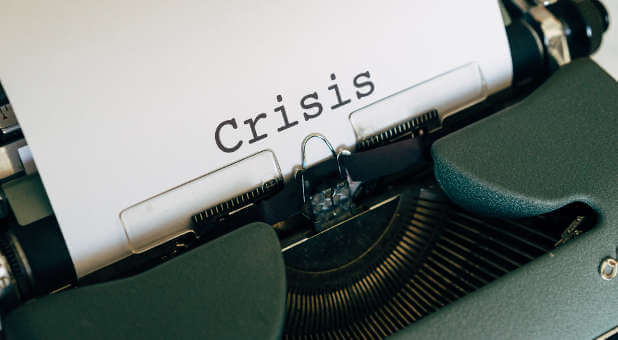In March, just as the country was shutting down due to COVID-19, the overwhelming surge in unemployment filings came as a hard pill to swallow for our nation. With companies of all sizes hit by the fallout from COVID-19, many Americans began scrambling for their next paychecks. As with all historical economic slumps, minorities and young workers experienced a significant impact.
A recent report by Moody’s Analytics chief economist Mark Zandi identified the hardest-hit industries. These include “leisure and hospitality (16.9 million people), transportation (5.7 million), employment services (3.7 million), mining (662,000) and travel arrangements (222,000).” Because 17.6% of Hispanic workers and 16.8% of African American workers are in these areas, compared with 12.5% of non-Hispanic white workers, experts anticipate that Hispanic and Black Americans will lose jobs at higher rates during a coronavirus-led recession than other groups.
Up to this point, the Trump administration has been able to maintain the lowest Black American unemployment rates in history. In February, the Department of Labor reported a rate of 5.8%.
Will the great strides President Trump has made with the Black community be lost because of this current situation? In God, Trump and the 2020 Election I discuss why the president could lose in 2020, but a virus was never in the mix—until now.
The coronavirus came just as the Black community was beginning to look at Trump differently due to his success in bringing benefits their way that the Democrats have never delivered.
Most Black voters continue to follow Democratic Party lines—although something strange happened in the 2016 election. Though only 8% of Black Americans voted for Trump, many stayed home rather than voting for Hillary Clinton. The New York Times found that 4.4 million Obama voters stayed home on Election Day, and more than a third of those no-shows—1.6 million—were Black Americans.
Despite Trump’s efforts to reach out to the Black community and create economic opportunities for all Americans, an NBC News/Wall Street Journal poll from February 2020 found that a mere 14% of Black voters have a positive view of the president. But the Trump campaign sees an opportunity to make the case that Democrats have taken Black voters for granted.
In the Black community the so-called “Black church” is a very strong influence—more so than most denominations are in the majority community. I’ve spent my career covering the Black Christian community in Charisma because it makes up a sizable percentage of the Pentecostal movement. Indeed, Pentecostalism grew out of the 1906 Azusa Street Revival, which was led by a Black preacher named William Seymour. I believe these Black Christians—who usually support the Democratic Party—are beginning to look at Trump differently.
The good news is most Black Americans who support the president are not turning their backs on him, because they see what he’s accomplishing and what he’s doing for the Black community—even with all the new economic problems associated with the COVID-19 pandemic. The president wants to reach the Black community, and I hope the people will begin to see that—especially during the time of rebuilding.
Black America needs a strong leader such as Donald Trump as we move to recovery, just as all of America does. I make this point clear in God, Trump and the 2020 Election because the issues of leadership and the direction of our nation were important before the outbreak of COVID-19, and they’re even more important now. {eoa}
This article was excerpted from Chapter 4 of God, Trump and COVID-19 (Charisma House 2020).











































